Ayatollah Sadegh Amoli Larijani who was addressing judiciary high-ranking officials on Monday, told the meeting that for many western observers, the Islamic Revolution of Iran provided an unexpected phenomenon, not fitting any analytical framework; “the very nature of Islamic Revolution was unpredicted for many western analysts; they would not even help imagine a very strong army would fall apart in a short time; however, the hegemonic powers deployed all possibilities to weaken and ultimately to destroy the newly-founded system since the early days of the Revolution,” said the judiciary head.
“With God’s blessings, the Islamic Republic of Iran has gone in its designated path during the past 37 years strongly than ever and led by the sagacious Leader,” he asserted, calling for fair assessment of the Revolution’s consequences and far-reaching impact; “any fair evaluation would conclude that the Revolution has left a positive legacy of influence, albeit with shortcomings, and now the difference between the ideal place we should have been and where we stand now is a real issue,” he added.
Head of the judiciary believed that the achievements had been a feat of excellence with a host of conspiracies hitting the system in the formative years after the Revolution; “attempts for coup d’état, inciting ethnic conflict, the Imposed War, extensive crippling sanctions, and infiltrating through mercenary operatives in the ranks and files of the system are part of those plots,” he emphasized.
Amoli Larijani attributed the current military might of the country to the sum of capabilities of the Army, IRGC, and Basij forces; “the military (a cumulative name for all armed forces) has provided the country with a high level of deterrence, which, along with a combination of religious democracy and religious values, makes the country a formidable alternative to western liberal democracies,” he told the meeting.
“Once the west saw the world shackled by its secular ideology; now it faces a strong and indomitable Islamic Republic of Iran as a serious rival alternative to its order; many theoreticians of the west would speak of a demise of religion and eminence of secularism; now they would acknowledge that the Islamic Republic of Iran is an example for Muslim countries,” he emphasized.
Amoli Larijani lambasted whom he believed were ‘hollow claimants to intellect and reformism’ in the country as ‘pawns of advancing secularism,’ while they claimed also to have been committed to constitution. “The articles of the constitution would go against the grounds of these ‘pawns,’ since they proclaim the place of religious values and a general unwritten duty to defend the Islamic tenets against secular sentiments,” he concluded.
SH/3039174


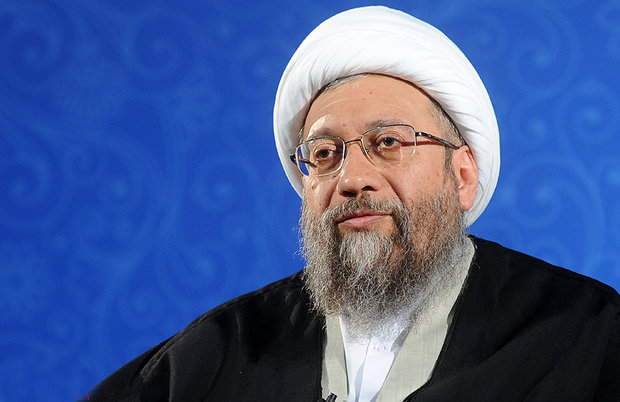
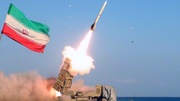
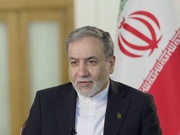
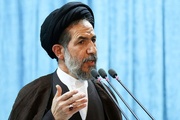

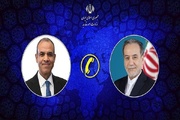



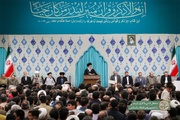
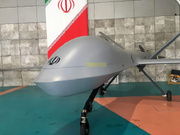











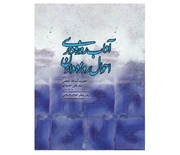
Your Comment